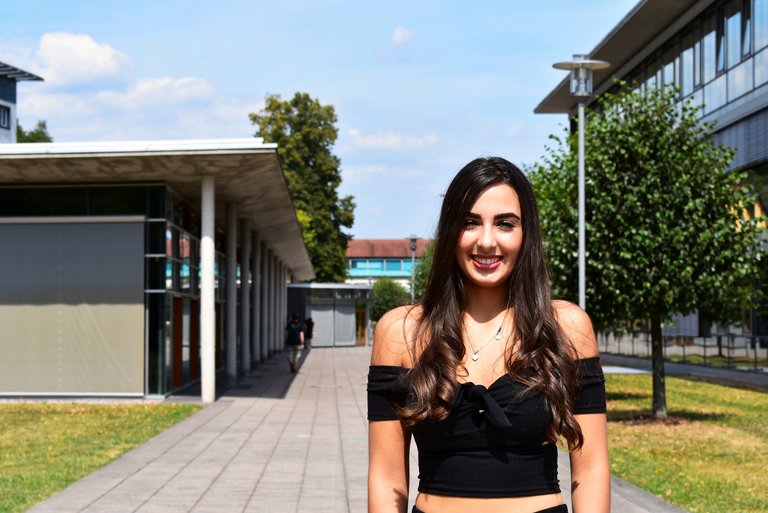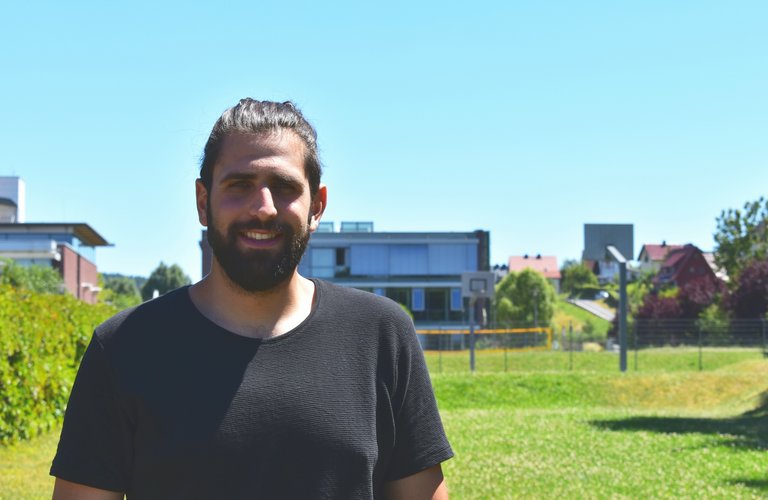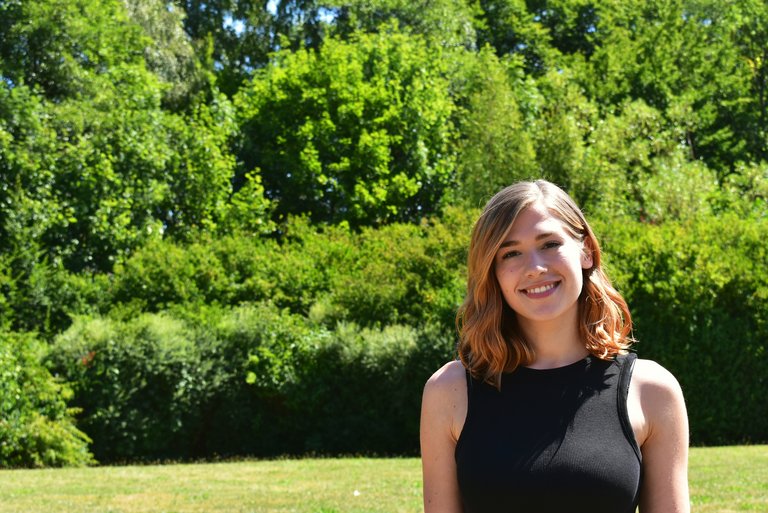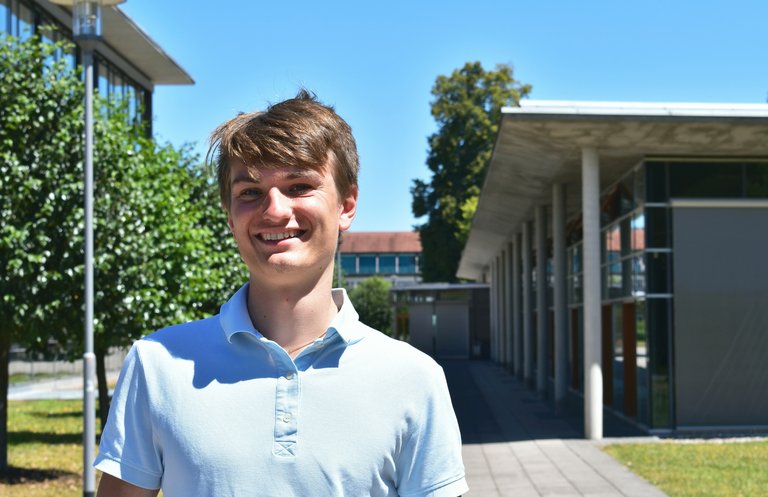1. Experiencing change: Get to know foreign teaching and research concepts and change your perspective
The study programme you are taking now may at another university differ substantially from what you’re used to – especially in a different country. However, it’s not just the actual study contents that differ but also the way they are conveyed. Other teaching and learning concepts can sharpen your view on your own learning style.
“The quality of teaching at my host university was outstanding. Although I’m of course used to excellent teaching from Schmalkalden University, here I could participate in completely different projects in small groups where I was able to expand on certain issues and incorporate fresh ideas.”
Maria, 22 (Mobile Computing)
2. Enhancing your profile: Gain new, unexpected insights by trying different study subjects
At your home university you are studying according to your module plan which is – except for some compulsory-elective subjects – fixed from the beginning of your studies. However, at your host university you will – in consultation with your sending faculty – have the opportunity to leave this given path for a while and dive into disciplines that may radically differ from your current one. Attending history or philosophy lectures for instance allows you to actually look beyond the horizon.
“Being a prospective business engineer I spontaneously took classes in the fields of medieval studies and Slavic studies at my foreign host university. This was a completely new experience – to attend interesting lectures without the pressure of good marks for the final certificate.”
Farad, 26 (Mechanical Engineering and Management)
3. Leaving the comfort zone: Achieve personal maturity through unusual challenges in a foreign environment
From a professional perspective, you’re receiving excellent education at Schmalkalden University which is also very practice-oriented. Yet the short ways and uncomplicated atmosphere may entice you to lean back (too far) within your personal comfort zone. If you master the first challenge to actually go abroad for an exchange semester, you will yet encounter others, perhaps in entirely unexpected situations such as while queuing at the supermarket, waiting for the bus or talking to a local lecturer. This situations are stages of intercultural learning that cannot be simulated at your desk at home.
4. Establishing contacts: Make new friends and, perhaps, find the love of your life
The reputation of the Erasmus programme as an unrestrained “party semester” is certainly exaggerated since academic training contributes equally to the whole experience. Still you will inevitably meet a number of like-minded people who – despite all academic ambitions – would also like to have a pleasant and exciting time. If you don’t get lost entirely inside the “Erasmus bubble”, you will become part of your host country by meeting local people and spending time with them. Not to mention the alleged more than a million “Erasmus babies” that have seen the light of day since the programme was first introduced more than 30 years ago.
5. Improving language skills: Open private and professional opportunities by learning a foreign language on the go
This point is deliberately indicated at the end of the list: Acquiring a foreign language or improving your English is a very practical by-product of a stay abroad – but it is yet a by-product, because it happens automatically (apart from the university language classes that we strongly recommend, of course). Anyone who actively seeks a conversation with the local people will hence acquire very good language skills, which can still be helpful in their professional and private lives.





